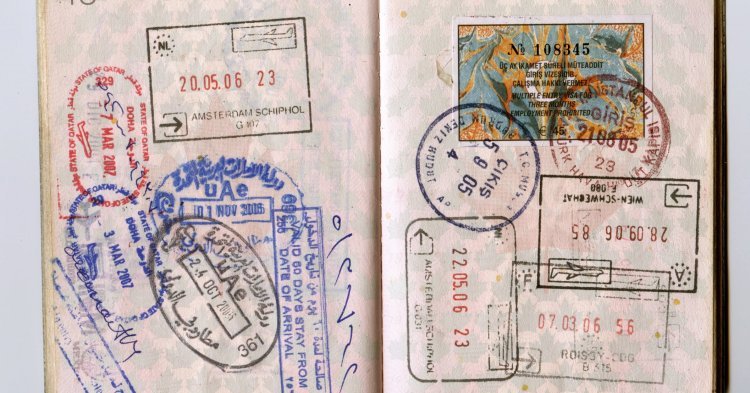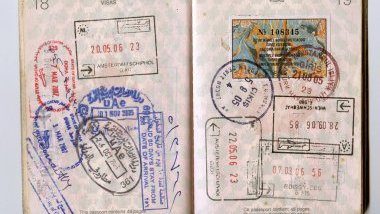Every person who acquires the citizenship of an EU Member State automatically becomes an EU citizen. EU citizenship bears with itself liberties very similar to those that usually come with the citizenship of a country. EU citizens are allowed to e.g. stand in the elections to the European Parliament and reside freely in the EU. EU citizenship is additional to the citizenship of an individual country and doesn’t involve any responsibilities.
EU citizenship may still sound rather logical and ordinary even though a shared citizenship between people holding the passports of 28 different nations is unique. Essentially, such unconventional ways to define citizenship and grant international rights to individuals only require a political agreement.
Nordic citizenship relates to social services
In October, the Nordic Council was reported to have discussed the introduction of a specific Nordic citizenship. It would touch certain walks of life that not even the European Union tends to get involved with and therefore serves as an interesting example of deep integration between a group of countries. The new concept could, for instance, grant citizens the right to access unemployment funds, public healthcare and education services beyond national borders if it suits the individual. Another related proposal suggests rendering the national identification numbers of Nordic citizens uniform.
In an interview, Finnish MP Katri Kulmuni who has worked with the proposal said that there’s still a long way to go before ’Nordic citizenship’ becomes reality. Nevertheless, the fact that a seemingly radical proposal like that is given serious consideration shows that in a Europe which, in the long run, has become increasingly borderless, the concept of citizenship cannot remain monolithic.
Partially shared social services are not entirely unknown to the EU either. The European Health Insurance Card provides its holders with equal access to the healthcare services of any EU country. However, amid discussion over social benefits in the context of the looming British referendum on EU membership, one can hardly imagine a Nordic structure applied in practice all across Europe.
What makes deep cooperation so easy between Nordic countries is the fact that every member of the union is very highly developed. Deeper cohesion would be needed before something similar could be done in the EU without the more prosperous members feeling as though others were taking advantage of them. Not that there’s no need for such cooperation in the rest of Europe; trans-border mobility is a part of the daily life of a considerable number of Europeans, and therefore new ideas to make an international way of life easier with regard to social benefits are welcome.
As the world changes, not even the basic concepts of statehood remain the same. Citizenship is something that may have to be redefined in European countries which, as in many other respects, constitute the vanguard of international cooperation and integration. New responsibilities may not be imposed on those who are granted a ’modern’ kind of supplementary citizenship but the group enjoying a range of liberties associated with citizenship may become ever more inclusive as cooperation intensifies.







Follow the comments: |
|
